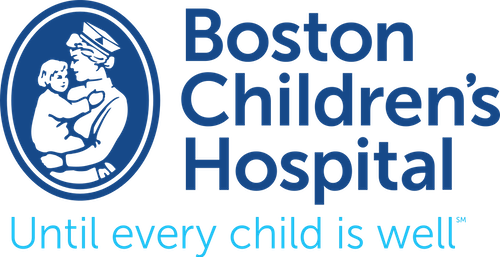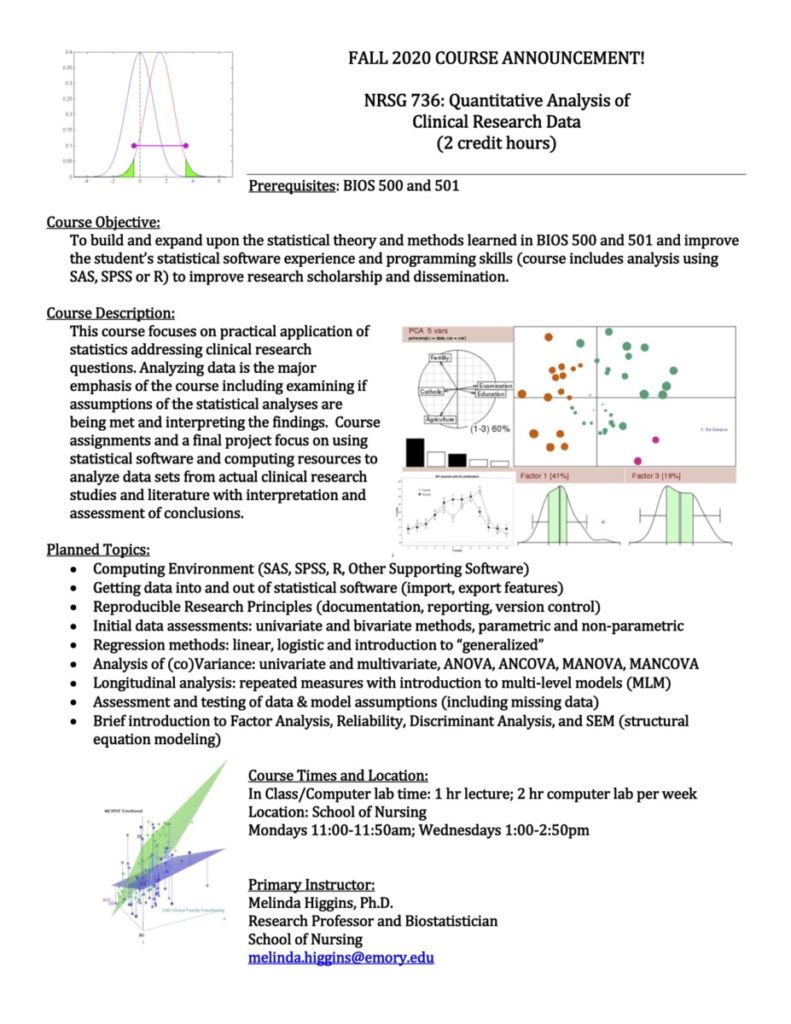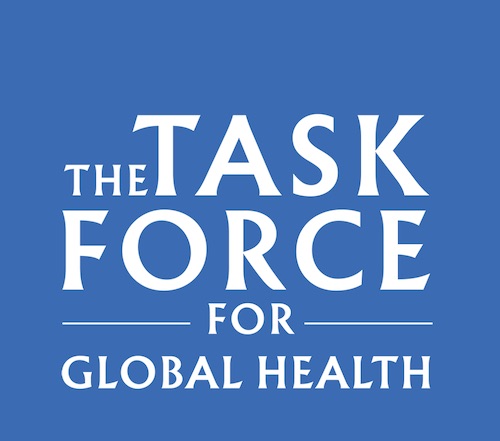Clinical Research Assistant I, Boston Children’s Hospital
Category : Student Opportunities
Job Description
The Department of Critical Care at Boston Children’s Hospital is seeking a Clinical Research Assistant who is passionate about maternal and child health. The research assistant will support the HaSET (“happiness” in Amharic) Global Maternal and Child Health Research Program, which is conducted jointly by Boston Children’s Hospital, the Harvard Chan School of Public Health, and Ethiopian institutions St. Paul’s Millennium Medical College and the Ethiopian Public Health Institute. Under the leadership of Dr. Grace Chan, HaSET works closely with partners in Ethiopia and Ethiopia’s Federal Ministry of Health to generate evidence to improve maternal and child health programs and policies. We are working on several newborn and child survival projects focused on the discovery of interventions to improve child health and the delivery of care in underserved settings. This position will provide full-time research support, working closely with the Boston and Ethiopia team in the following areas:
- Program implementation and protocol development
- Data management and analysis
- Program coordination
The Clinical Research Assistant I will be responsible for:
- Developing study questionnaires
- Developing and implementing study protocols in coordination with the study team
- Assisting in data management – cleaning and quality assurance
- Assisting in data analysis
- Assisting with project implementation – data collection, quality assurance, analysis, dissemination of findings
- Performing literature searches, data abstraction, contribute to writing of systematic reviews, grant proposals, reports to funders
- Coordinating and preparing the necessary documentation for Institutional Review Board (IRB) submissions, together with the Private Investigator of the study.
- Supporting administrative duties including scheduling, procurement, and meeting management
- Participating in the training of newly hired research study assistants and interns, as required.
To qualify, you must have:
- A Bachelor’s degree in an appropriately related discipline (e.g., public health or health sciences); prior research experience preferred.
- Excellent communication, verbal, writing, and presentation skills
- Strong interpersonal skills to work with collaborators, stakeholders, and team members
- Strong attention to detail, excellent time management, Exceptional organizational skills, ability to prioritize multiple tasks, goal and detail-oriented work style, and meticulous and consistent follow through on projects are required
- Commitment to maternal, newborn, and child health
- Knowledge of statistical methods frequently used in public health research
- Demonstrate professionalism and respect for human research
- Preferred experience: Experience with IRB submissions, data abstraction, and literature reviews
Boston Children’s Hospital offers competitive compensation and unmatched benefits, including a rotating days/evenings and week-end schedule, affordable health, vision and dental insurance, generous levels of time off, 403(b) Retirement Savings plan, Pension, Tuition Reimbursement and discounted rates on T-passes (50% off). Discover your best.
Apply:
Click here to learn more about the position online and to apply!











Recent Comments